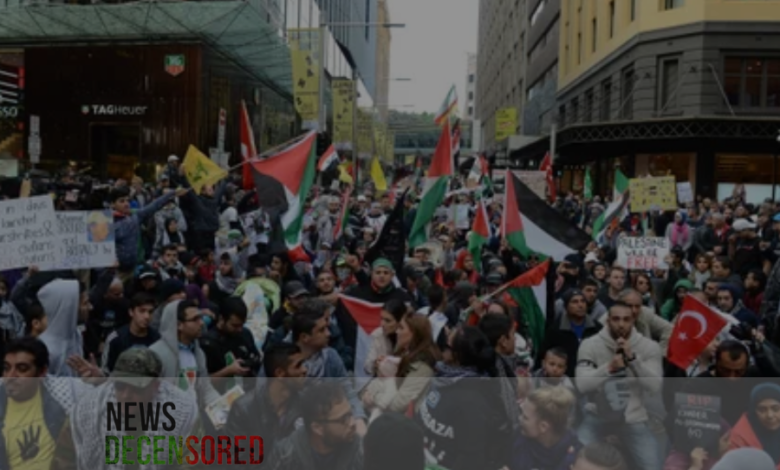Australia, Canada, and New Zealand Leaders Urge Ceasefire in Gaza to End ‘Catastrophic’ Situation

The leaders of Australia, Canada, and New Zealand have joined the voices to stop hostilities in Gaza, calling the situation there catastrophic and demanding Israel pay attention to the opinions of diverse countries.
On Friday, in a press release signed by Australian Antony Albanese, Canadian Justin Trudeau, and New Zealand’s Christopher Luxon, the PMs referred to the escalation. They voiced serious concern over the possibility of further escalation in the region, especially between Hezbollah and Israel. They said that eternal fighting threatened the lives of tens of thousands of civilians in Lebanon and Israel, which makes the Gaza ceasefire even more necessary.
They stressed the attendant catastrophic outcomes of a renewed war on Israel’s northern border with Lebanon upon both countries. It called on the actors to remove from the heightened conflict level and avoid exacerbating it.
The statement was made before ICJ’s recent ruling that declared the current occupation of territory that was captured by Israel in 1967, including the West Bank, as unlawful. Three of these prime ministers urged Israel to address Soering’s recommendations for a legal reply to the advisory opinion in the ICJ and give reasons for the negligence of contemporary acts of aggression against Palestinians by the Israeli establishers living in the occupied territories. It also called for Israel to reverse what was described as the most significant increase in settlement announcements ever and actively pursue the two-state solution that is prohibited under international law.
All the countries—members of the intelligence Five Eyes—Australia, Canada, New Zealand, the USA, and the United Kingdom—expressed deep concern over the humanitarian crisis in Gaza and the possibility of further military escalation in the region. This is the third ruling of these countries’ leaders on Middle East developments.
In December, the leaders called for a sustainable ceasefire and, in February, condemned any possibility of an Israeli ground attack in and around Rafah in southern Gaza. The latest statement uses such words as “unacceptable” for the situation in Gaza and proclaims that the human suffering must not persist.
Even the prime ministers did not doubt the guilt of Hamas for what happened on October 7 and subsequent acts of terrorism, insisting on the group’s peaceful surrender and the liberation of all detainees. They both emphasized that Israel needed to pay attention to international opinion, pointing to the fact that the protection of civilians was the central interest as well as required by the IHL. Al Jazeera’s audience demanded that Palestinian civilians should not be the ones who are feeling the impact most.
The leaders restated their willingness to contribute to the process of establishing the state of affairs in which Israelis and Palestinians will be able to build their lives safely and within the borders recognized by the international community. This they painted as the only possible way of attaining a sustainable and fair deal in conflict.
Some people supported the statement, while others did not. Some of its critics include Jeremy Leibler, the president of the Zionist Federation of Australia, who says that such a move only encourages Hamas and drags the war on. On the other hand, Öte Australian Greens leader Adam Bandt demanded more energetic actions, saying that the Australian government should introduce more restrictions for Israel to declare a ceasefire.
Such a call raises awareness of the continuing humanitarian catastrophe in Gaza and the unison about the necessity to find a non-violent way out of the crisis.




